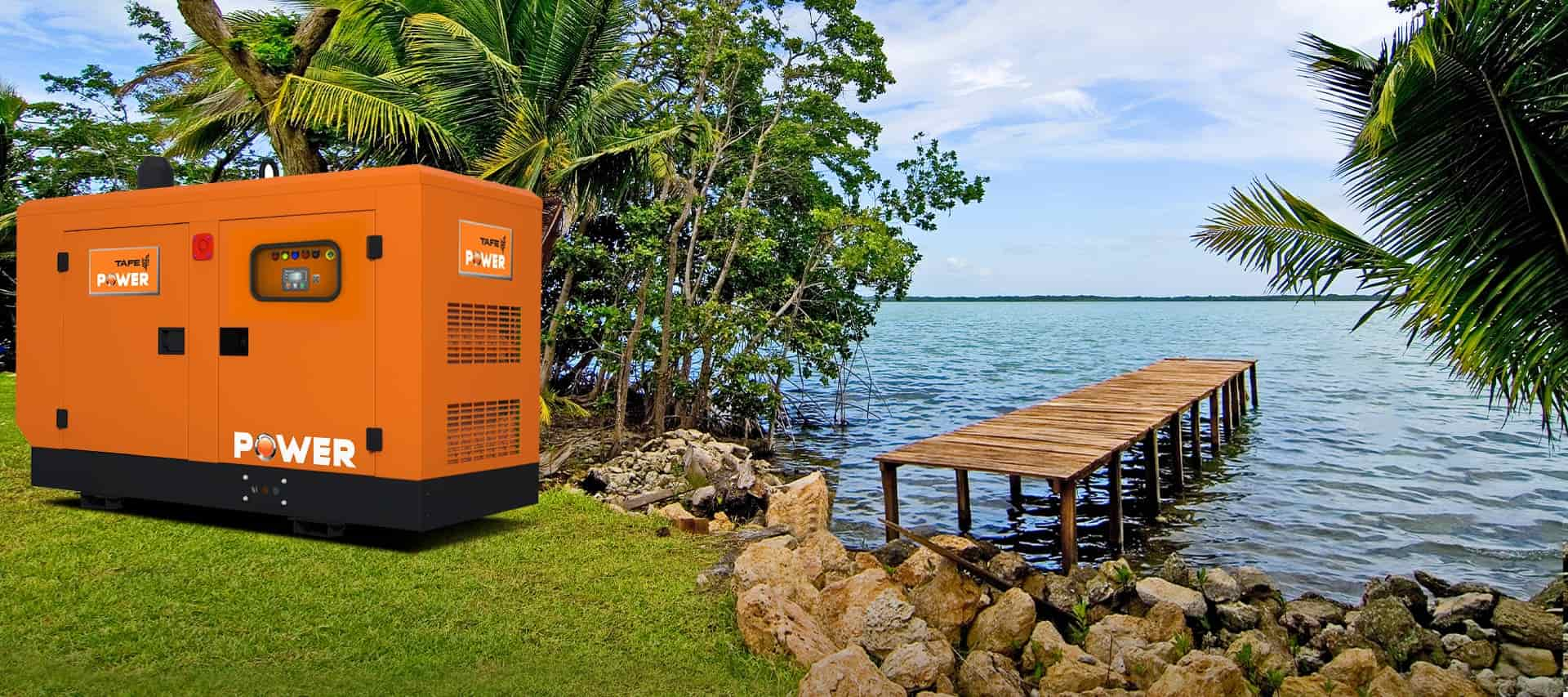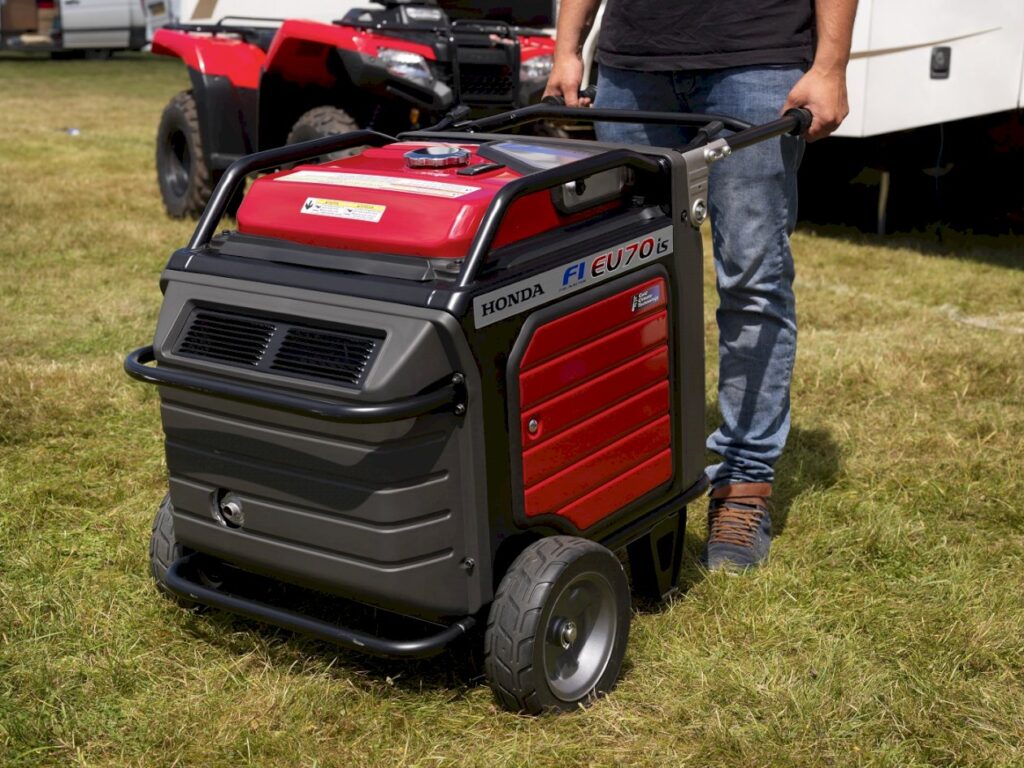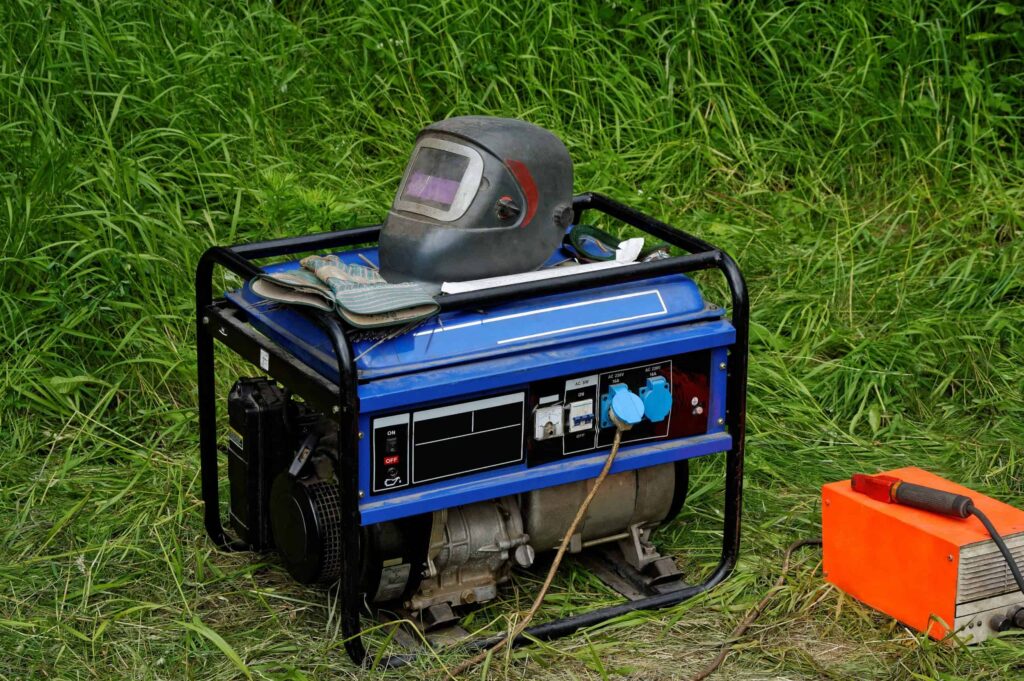Top 3 Must-Have Features of a Portable Power Generator

Blackouts. Brownouts. Deficiencies. Power outages can damage warehouses, hospitals, and other institutions. Extreme temperatures can delay vital tasks and create risks. Electric generators help.
What does a Power generator do?
Backup generators generate electricity using gasoline, diesel, propane, or natural gas. They provide power during blackouts.

Know to start, run, and surge watts.
The generator’s wattage depends on the devices and appliances you want to run.
Starting Wattage. This wattage is two to three times the running wattage. Many electronics demand more energy to start and less to run. When the power goes out, a generator power must deal with a surge from all the constantly operating appliances: water heater, refrigerator, freezer, HVAC unit, etc. The generator must power any operating dishwasher, microwave, or washing machine.
Table of Contents
Running Watts. Running wattage, often called rated wattage, is the electricity needed to power an electronic gadget or appliance. Many appliances list their running wattage to calculate the watts required to power everything. Generator size can also be determined by surge wattage.
Surge Wattage. Generators produce the most surge wattage. Add 1,000 to 2,000 watts to the generator to cover the initial surge if you wish to operate everything.
Fossil-fuel generators
- Gasoline generators are popular because gasoline is cheap and widely available. Gasoline requires electricity to pump. Therefore power interruptions prevent its availability. Gasoline generators are compact, portable, and very explosive. But, they are loud and make unpleasant noises that may annoy you over time if you use them in your home or business.
- Diesel is the least flammable fuel and is almost as abundant as gasoline. Properly maintained, these engines last longer and perform better under hard use. In chilly weather, this generator starts quickly and cheaply. So, they’re suitable for cold weather!
- Diesel and vegetable oil or animal fat are mixed to make biodiesel fuel. Biodiesel has environmental benefits but similar pros and cons to diesel fuel. It’s greener than diesel. Diesel engines are loud but less combustible than other liquids and gases on this list.
- Emulsified diesel is diesel fuel and water with a mixing agent. Diesel and biodiesel have perks and downsides. Emulsified diesel, like biodiesel, emits less and uses less fossil fuel. It has a two-year shelf life, and keeping the proper water-to-diesel ratio is difficult, especially in busy workplaces.
Natural Energy Generators

Additional natural energy providers include:
- Propane burns cleaner and lasts longer than gasoline or diesel. It can be stored in large quantities and used during power shortages. Propane generators don’t need wet stacking and emit less. This generator is cheap and durable. Propane starts readily and quietly in cold weather.
- Natural gas is abundant, and fracking has opened up vast shale supplies. These generators never need fuel refills because natural gas lines are run to the operation site. This makes generators unportable.
- Sunlight powers solar generators. Solar panels charge the generator’s batteries. Since many appliances require AC, it has an inverter. These generators are suitable for low-power needs. They’re also quiet. Their high cost is a downside.
- Hydrogen is plentiful, non-toxic, clean, cheap, and provides more energy per pound than any other fuel. Hydrogen generators are portable and practical in various environments, including labs. Hydrogen generators are safe and portable when properly industrial equipment.
Application-Based Generators
- Gas or diesel fuels this generator. They generate electricity via combustion engines like standby generators. They are helpful for remote construction sites and temporary power. These can be wired into the sub-panel to power a refrigerator, TV, etc., or plugged into the portable generator’s power outlet.
- Inverter generators use a rectifier to convert AC power into DC power and invert it to AC to supply continuous current to appliances. They are lightweight and compact, making them ideal for such applications.
- Standby generators also known as “backup generators” are popular! These are petrol or diesel-powered emergency power systems. Their big external tank lets them work for 48 hours. These generators power devices with an automatic transfer switch during power outages.
- They include external and self-excited generators. Hoists, cranes, elevators, and electric locomotives use externally excited generators for regenerative braking.
Conclusion
Unplanned power outages can cause rotten food, frozen pipes, flooded basements, and mouldy walls. After a significant weather calamity, the agony worsens. One significant outage could make you buy a generator.





